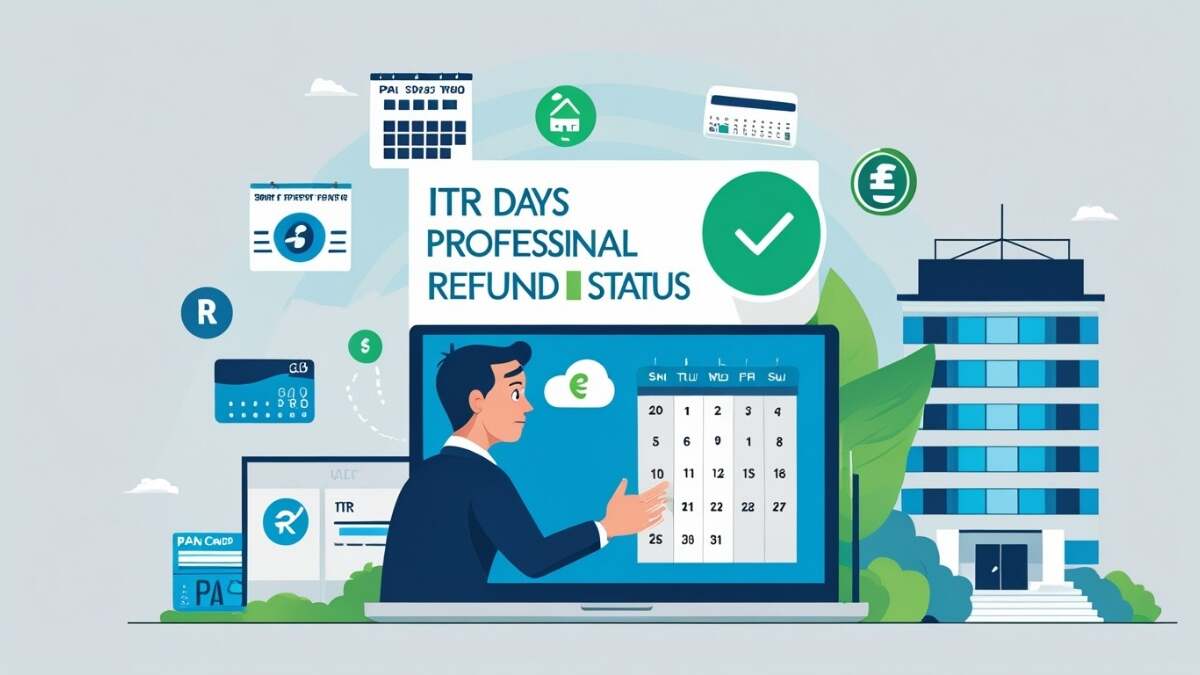Delays in income tax refunds are common, however the length of time varies depending on the accuracy of the bank information, the tax department’s processing, and the filing.
Why it takes long to get a refund
Do not worry if you submitted your income tax return (ITR) and have not gotten your refund yet. Only until the Centralized Processing Center (CPC) has confirmed that the return is accurate are refunds provided. Erroneous bank account information or a difference in TDS are examples of minor mistakes that might cause refund delays. Additionally, the complexity of the return affects processing time.
Average refund timeframe
Most of the time, refunds are sent out 20–45 days after the ITR is confirmed. However, in some instances, it could take a little longer, especially if the return is selected for further analysis. Accurate information is crucial since refunds are directly transferred into the income tax department’s registered bank account. Taxpayers who promptly e-verify their returns often get their refunds before others who wait.
Things that cause delays
The most common reasons for refund delays include inaccurate IFSC codes, a discrepancy between the PAN and bank information, or waiting for a response to a departmental notification. If there are requests from prior years that need to be adjusted, refunds are also delayed. Many times, the banking system makes technical mistakes that prevent refunds from ever reaching taxpayers’ accounts.
How to monitor your reimbursement
You may check the status of your refund on the NSDL refund track website or the Income Tax e-filing portal. You may need to get in touch with your bank or file a complaint with the income tax helpdesk if your refund has been sent but you have not received it. By following up beforehand, you may avoid losing money that is rightfully yours.
How to handle a delayed refund
Check your bank information, reply to any tax notifications, and keep your return error-free if your refund is taking longer than normal to arrive. Section 244A of the Income Tax Act may also allow you to recoup interest on late refunds in some circumstances. Because of this, timely and accurate filing is crucial to preventing processing delays.
FAQs
1. What is the typical turnaround time for an ITR refund?
Generally, refunds are sent 20–45 days after the ITR is e-verified, unless there are complex circumstances or discrepancies.
2. Are late reimbursements subject to interest?
Indeed. With certain restrictions, you may be eligible for interest under Section 244A if your return is delayed for more than a certain amount of time.
3. What happens if my refund request is accepted but not processed?
Go to the bank and look up your bank information on the portal. File a grievance with the income tax authorities if this problem continues.

